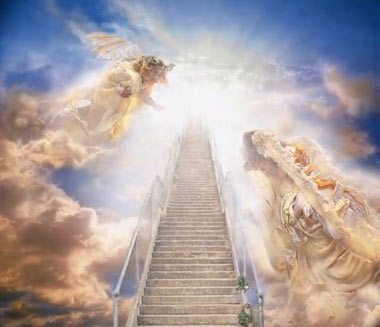The `15th Chapter of 1 Corinthians` is an inspired treatise on the topic of the resurrection. In it the Apostle sets forth practically every phase and point relating to this momentous subject. He begins by giving a synopsis of the Gospel in a few brief words: "How that Christ died for our sins…and that He was buried, and that He rose again the third day." He then names the witnesses to attest the fact of Christ's resurrection. In the `11-17 verses`, he affirms and emphasizes the fact of Christ's resurrection. The `18th verse` contains a statement that nearly all Christian people have overlooked or misunderstood. If Christ was not put to death and resurrected, "Then they also which are fallen asleep in Christ are perished!" "Perished" means destroyed or annihilated. Let no one advance the absurd idea that the Apostle was referring to the bodies of those who had "fallen asleep," for the bodies of all perish and disintegrate into dust. But he had reference to the individual, the being, the soul. "The soul that sinneth it shall die." (`Eze. 18:4`) Because Christ died for all, all are coming forth from the tomb. What comes forth–the body? Let the Apostle answer: "O senseless man! that which thou sowest is not made alive except it die; and that which thou sowest, thou sowest not that body which shall be . . . so also is the resurrection . . . it is sown a natural body, it (the soul) is raised a spiritual body (or being). Flesh and blood cannot inherit the kingdom of God (therefore) we shall be changed . . . at the last trump… the dead shall be raised incorruptible and we shall be changed." (`1 Cor. 15:35-53`)
The Bible seems to infer that we will have celestial bodies. If so, are they these human bodies cleaned and made whole, revamped and made over?
2015-06-30T01:48:01+00:00August 1st, 2014|Angels, Spirit Beings, Resurrection, Eternal life and Immortality|














